Companies already replacing humans with robots
The machines are taking over
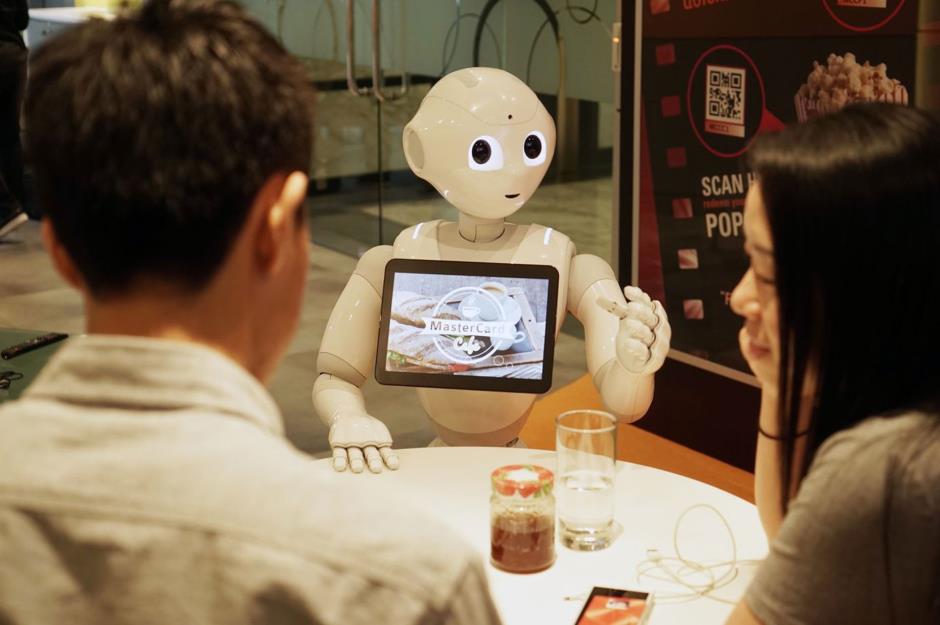
The rise of robots is no longer mere science fiction, with robotics and artificial intelligence infiltrating nearly every area of our lives. From self-serve checkouts in supermarkets to screening legal documents, robots are now working more efficiently and economically than we do in some workplaces. So it's no surprise that a McKinsey report from 2017 predicts that robots will take over 800 million jobs by 2030, which would affect one-fifth of the global workforce. But what do robots in the workplace actually look like?
Shimizu Corporation
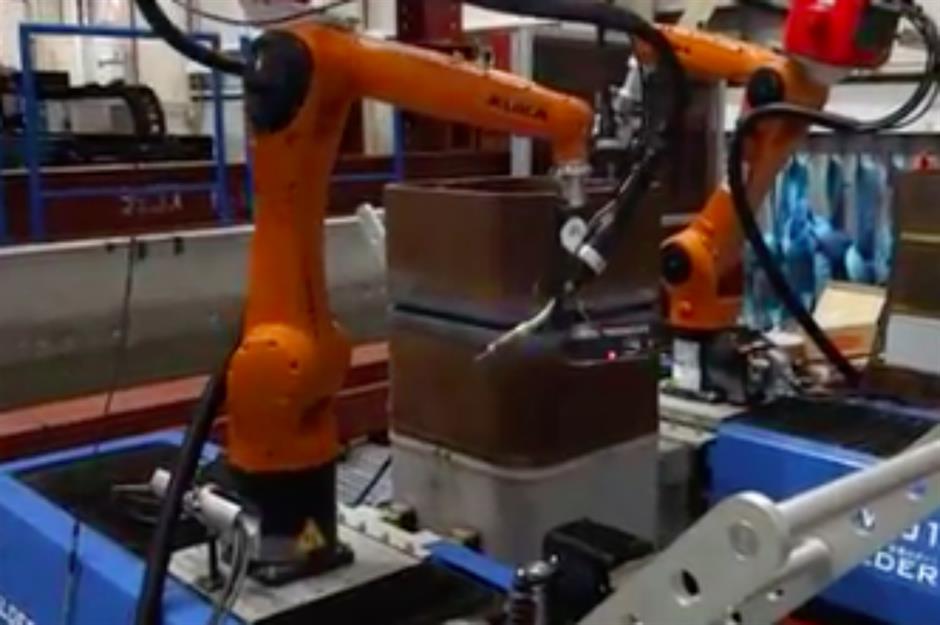
DHL
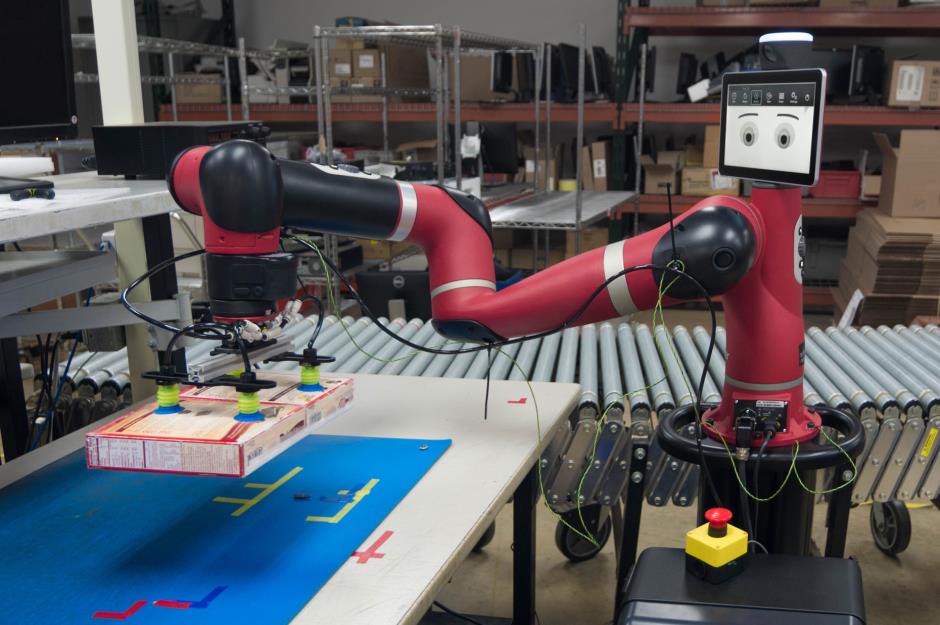
Sponsored Content
CIG
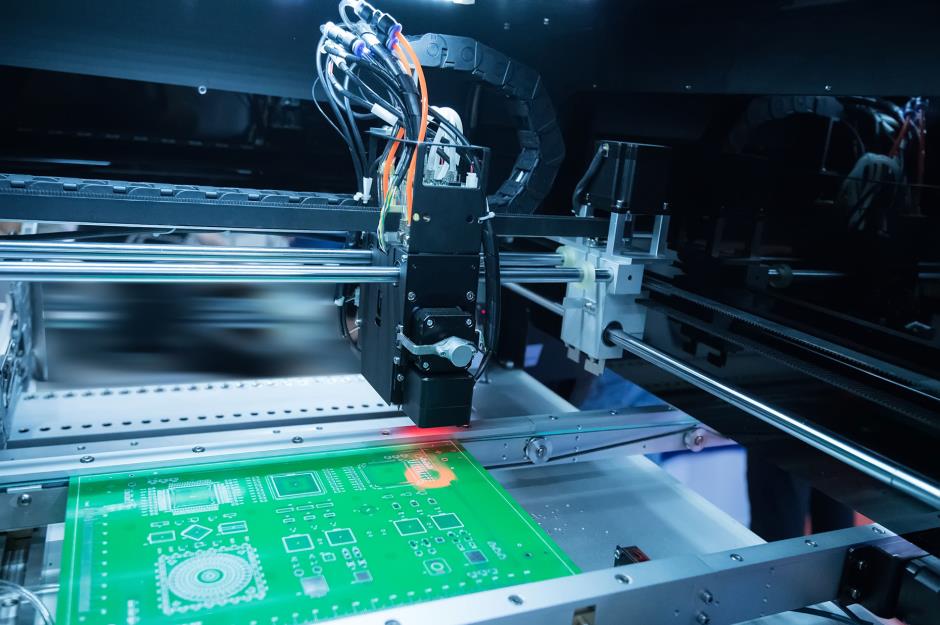
Uber
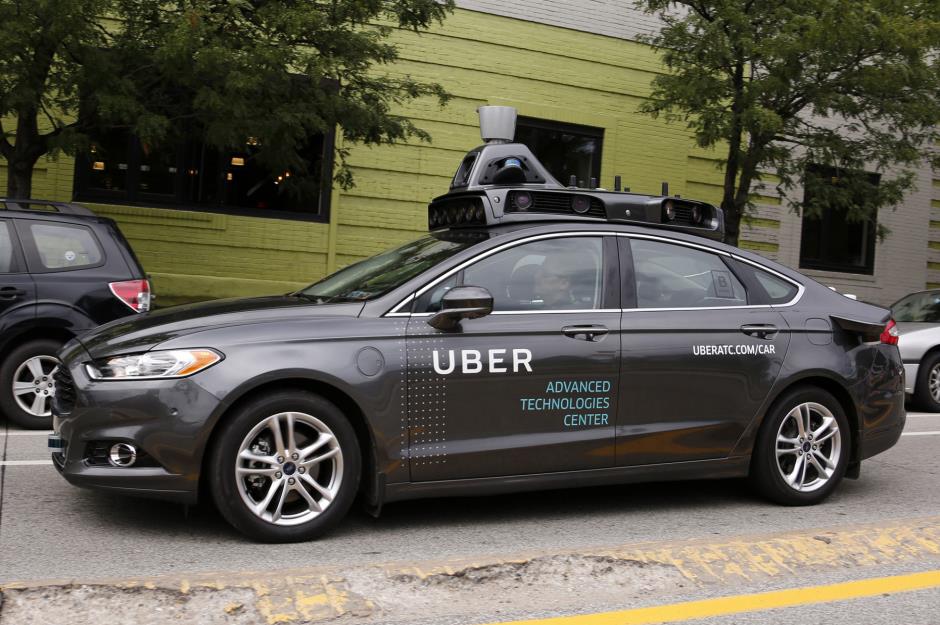
Tesla
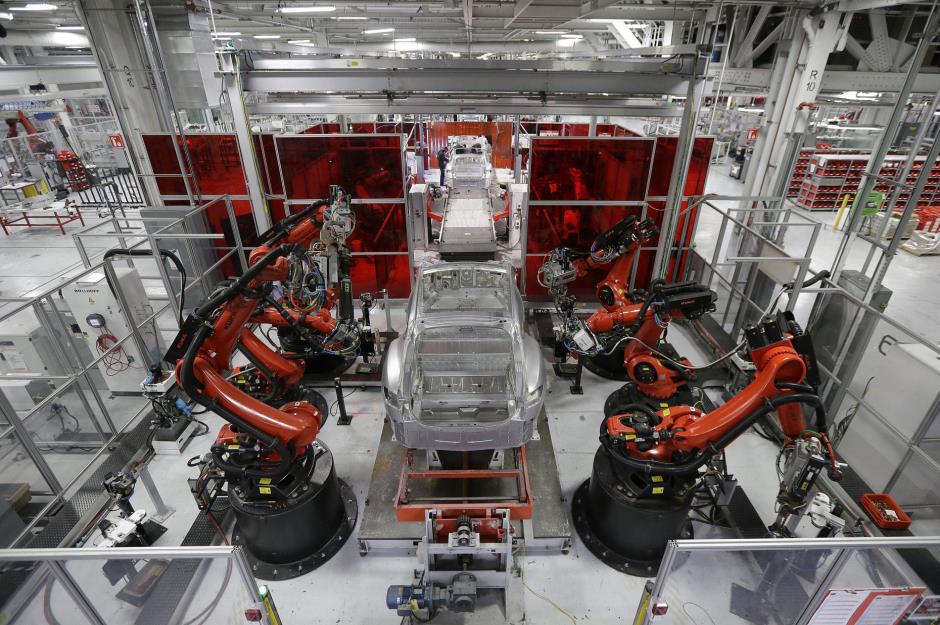
Sponsored Content
CaliBurger
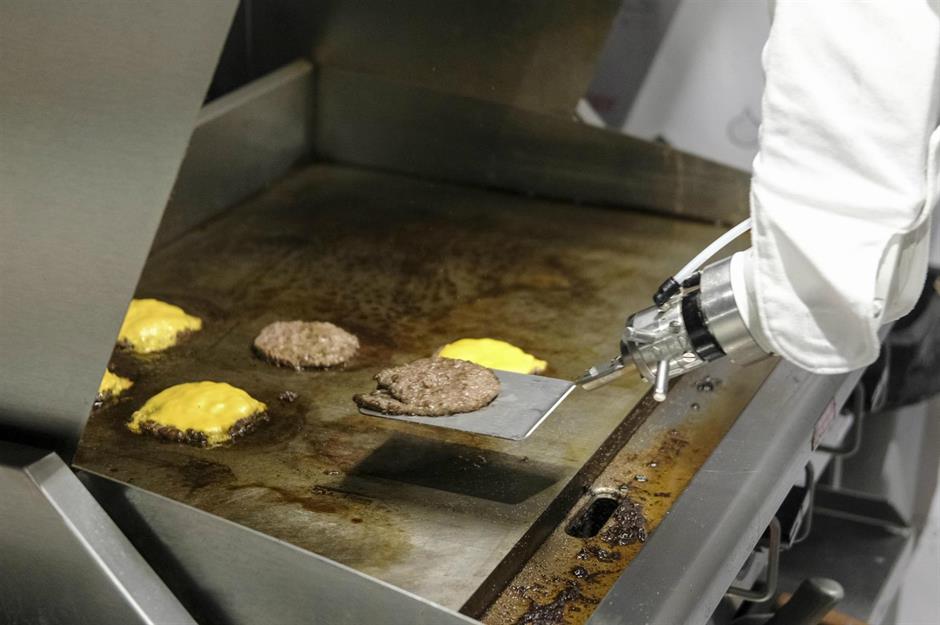
Drinks industry
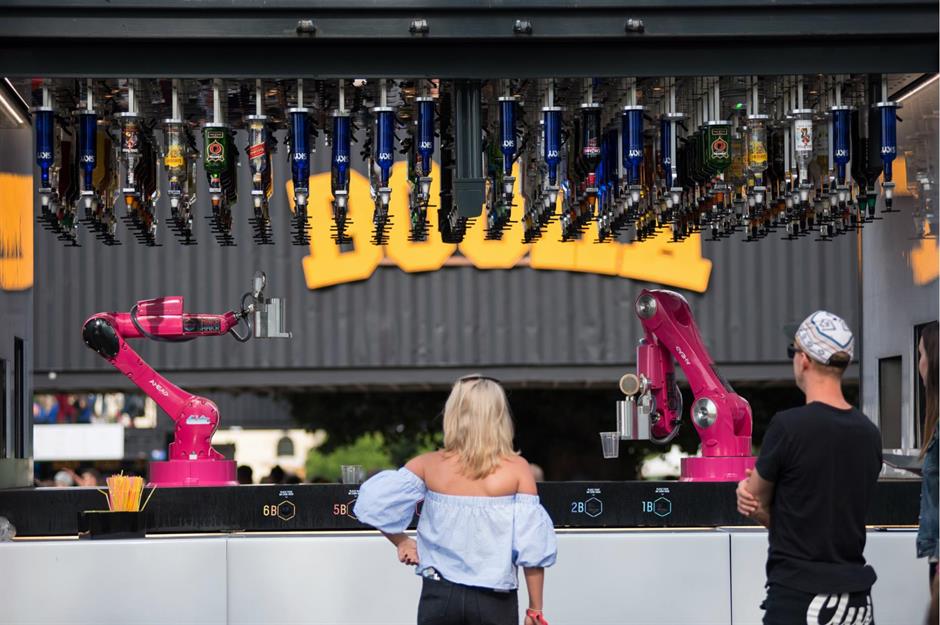
Best Buy
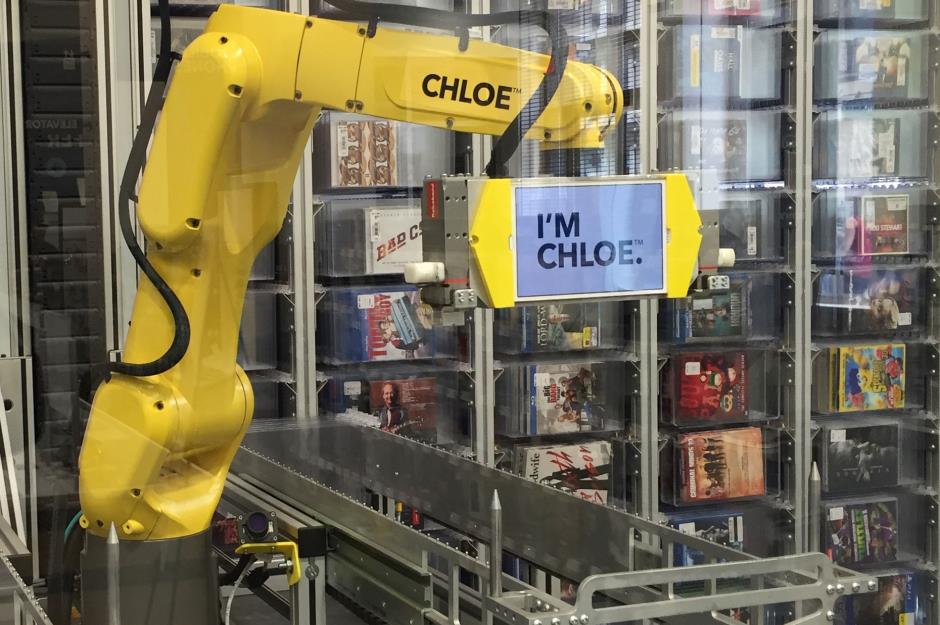
Sponsored Content
Shiseido
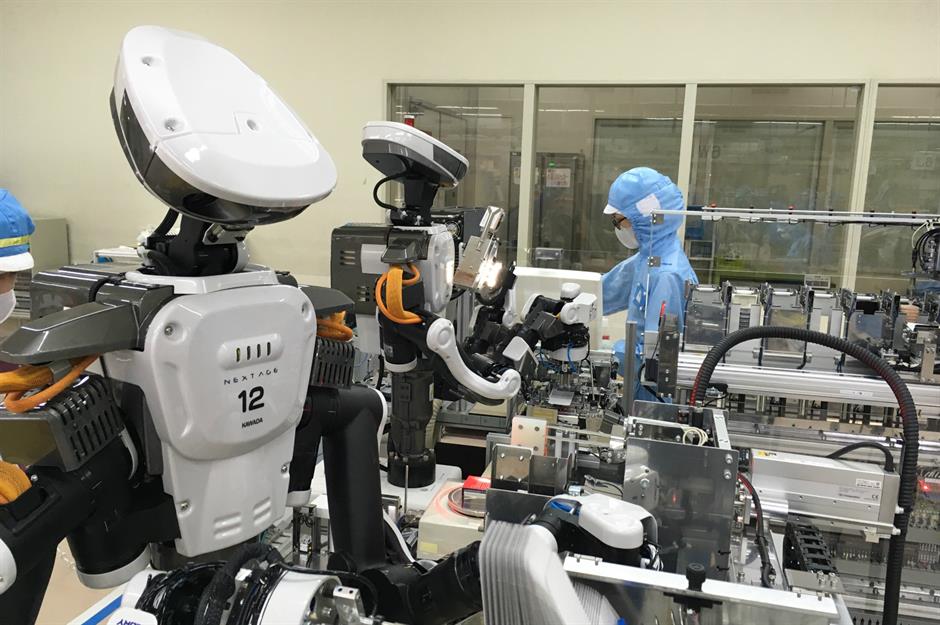
Amazon
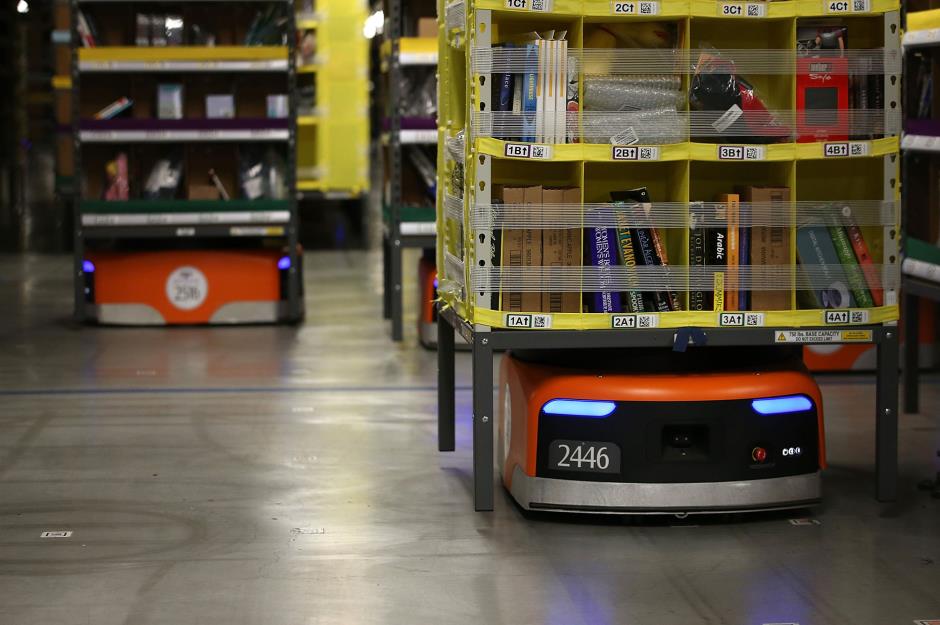
Amazon
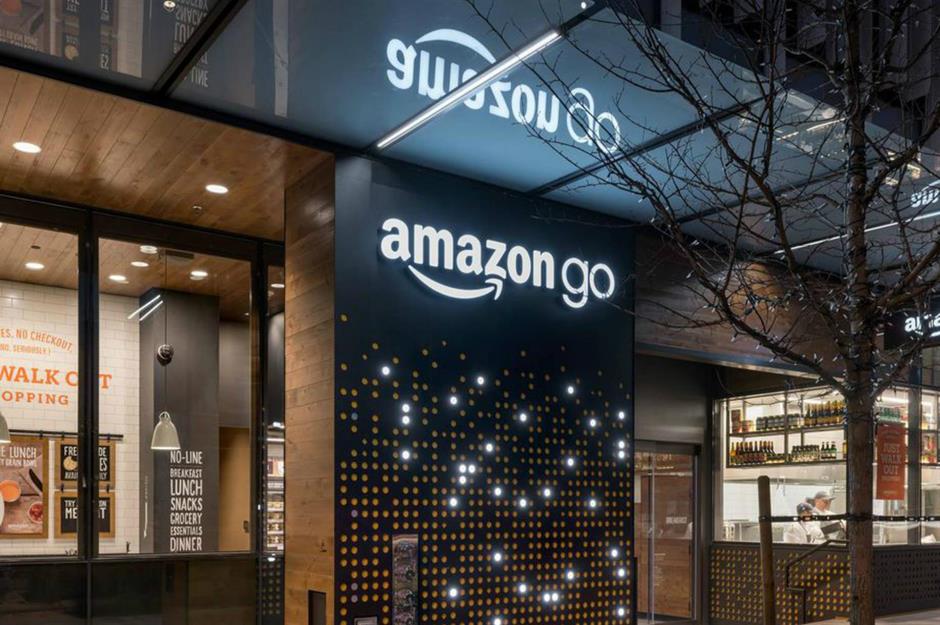
There are now 10 Amazon Go staff-free, checkout-free stores across the US. The stores are a step beyond self-serve tills, and could spell the end of queuing at the supermarket, and the need for cashiers or supervisors. Amazon Go’s ‘Just Walk Out’ shopping experience is powered by an app which allows customers to enter the store once it is downloaded. The app then tracks the products you pick up around the store and charges your account later, so that you can walk out with your purchases as easily as you walked in.
Sponsored Content
Target
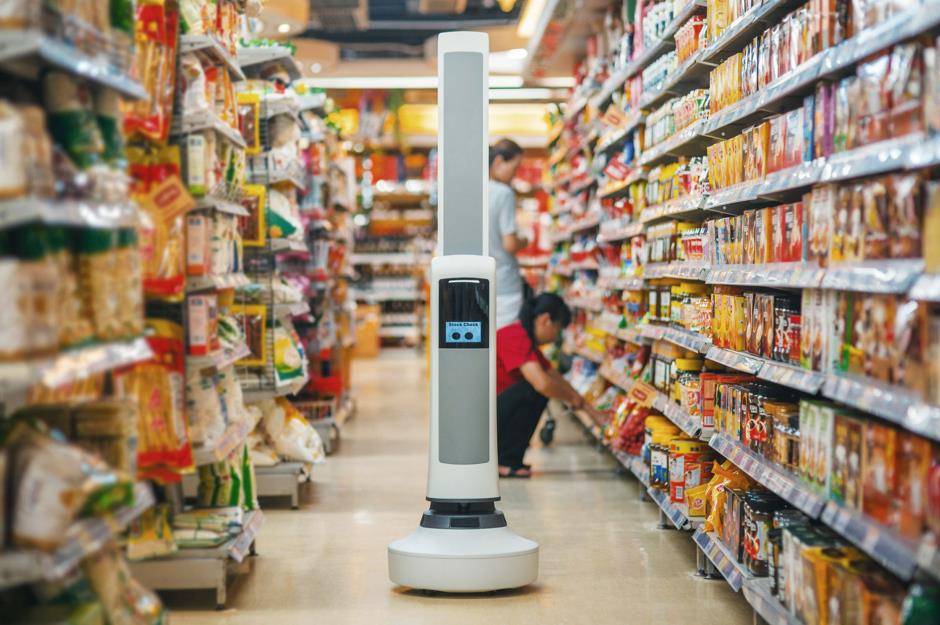
Lowe's
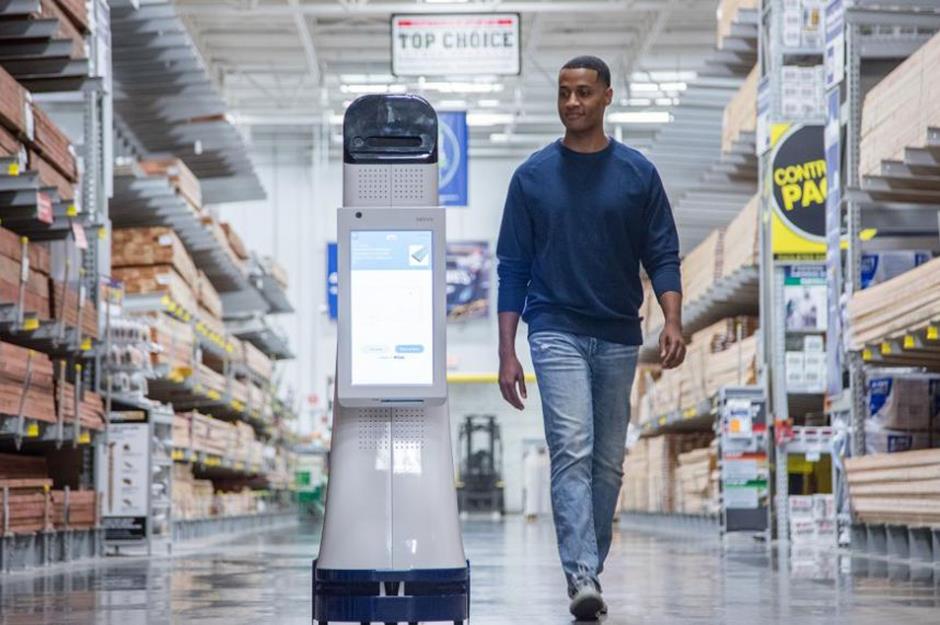
Macy's

Sponsored Content
Adidas
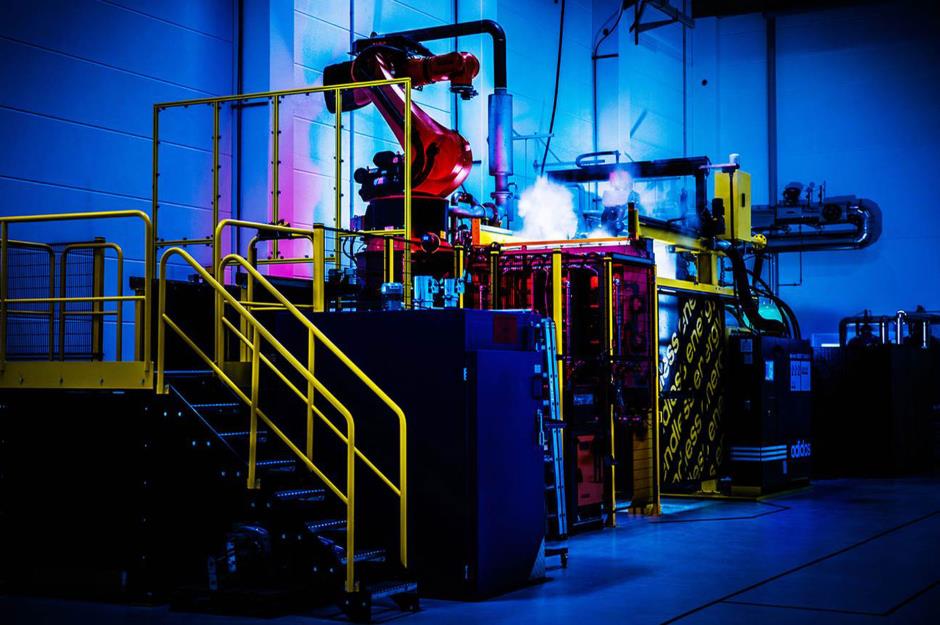
Walmart
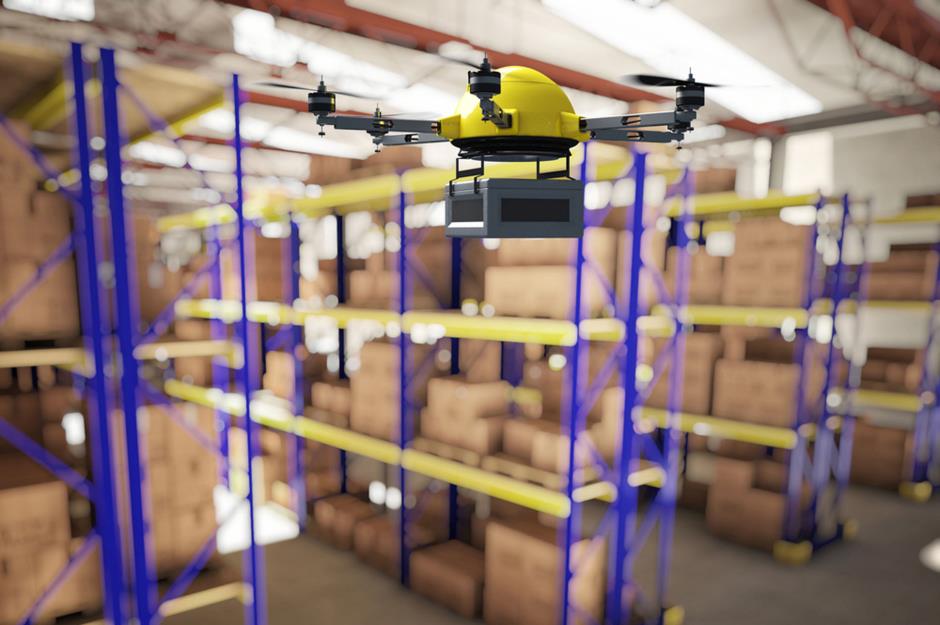
Carrier
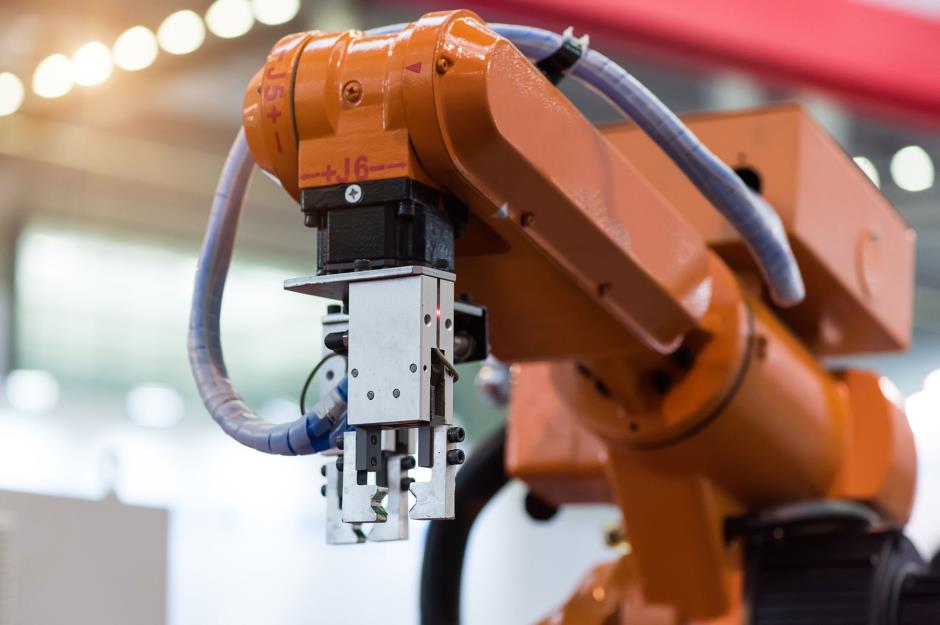
Sponsored Content
Nestle
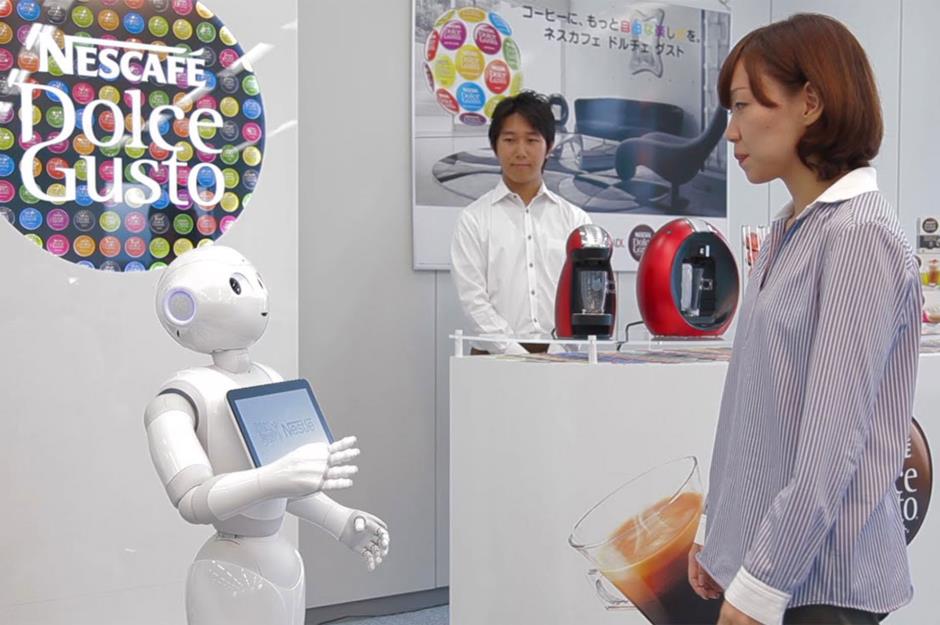
MasterCard/Pizza Hut
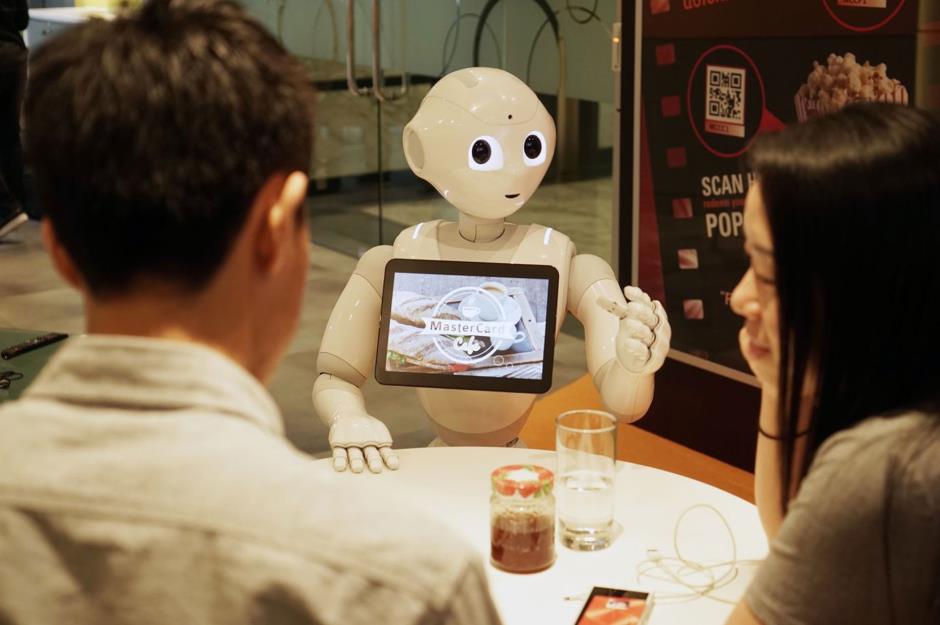
Pizza Hut
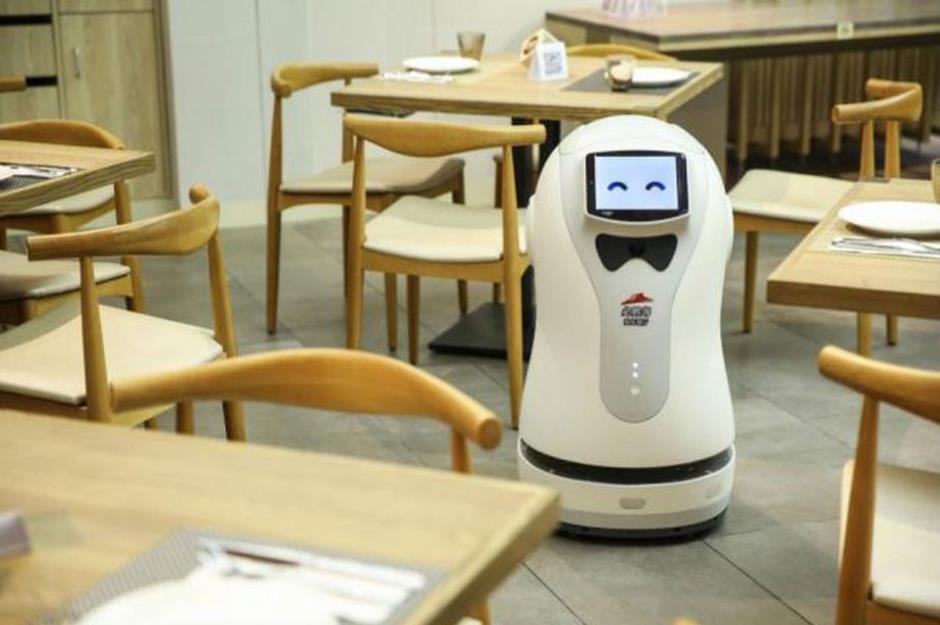
Sponsored Content
Japan's care system
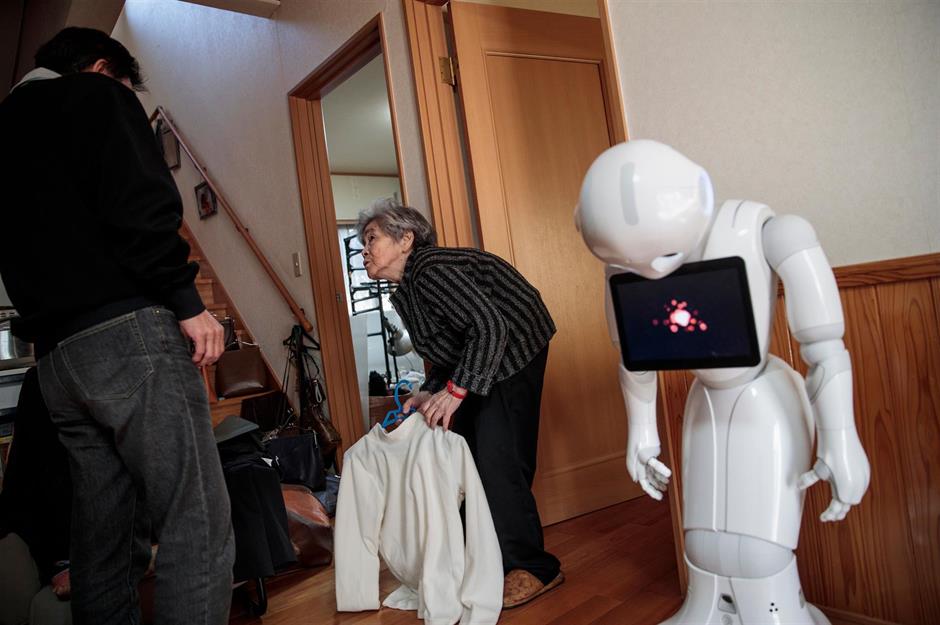
Foxconn
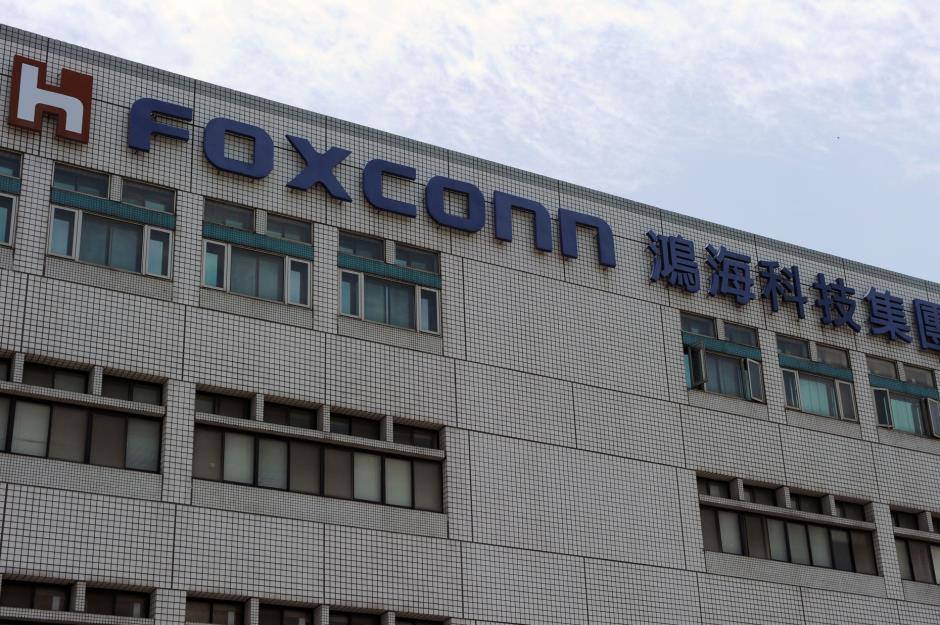
Just Eat
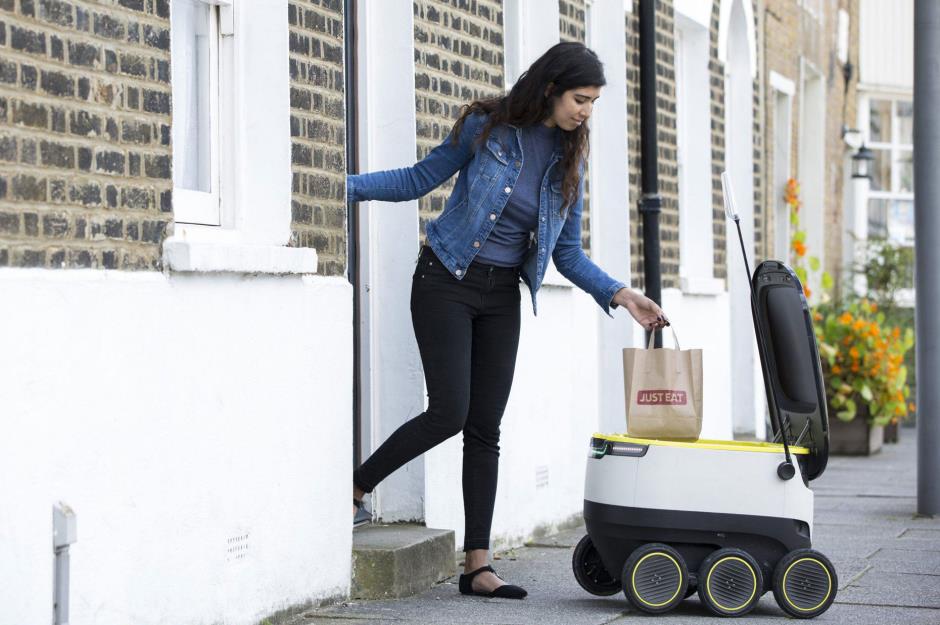
Sponsored Content
Marriott Hotels
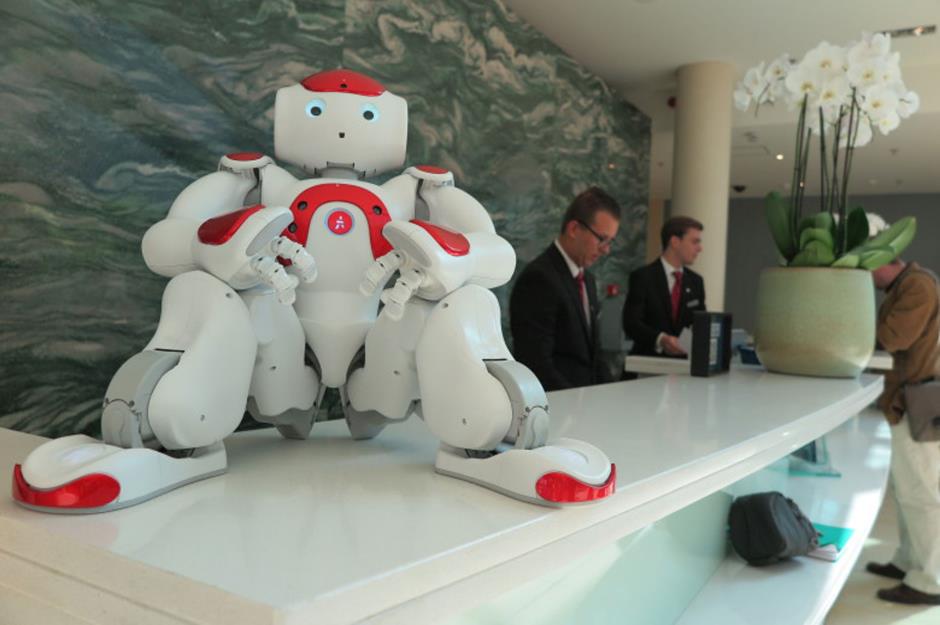
Crowne Plaza Hotels
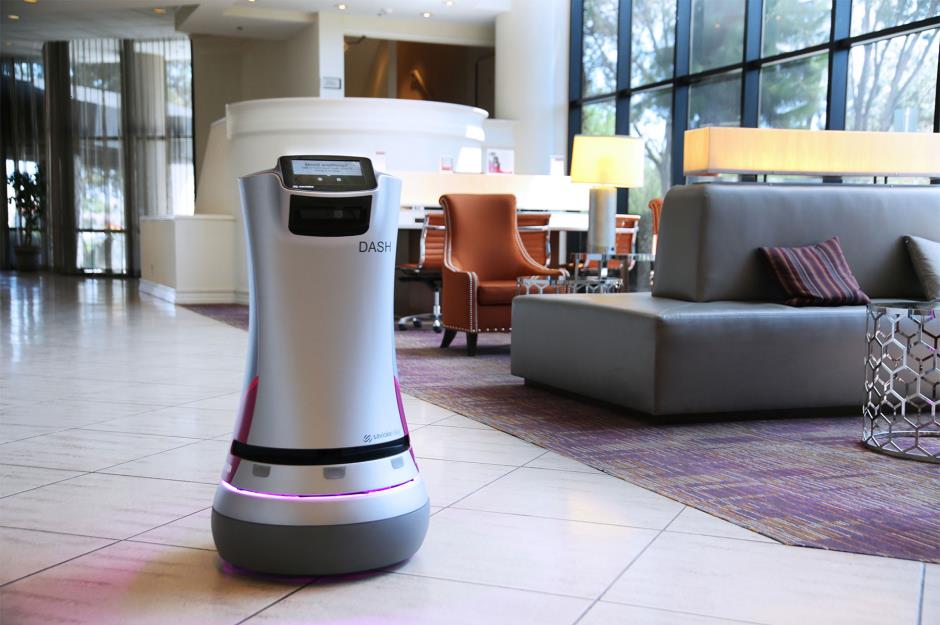
Yotel
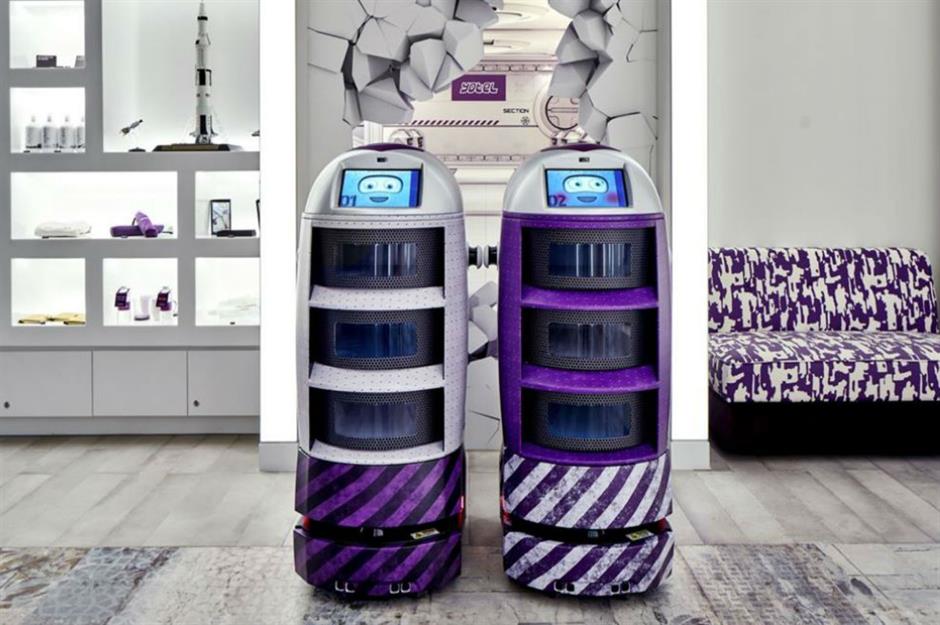
Sponsored Content
Ford
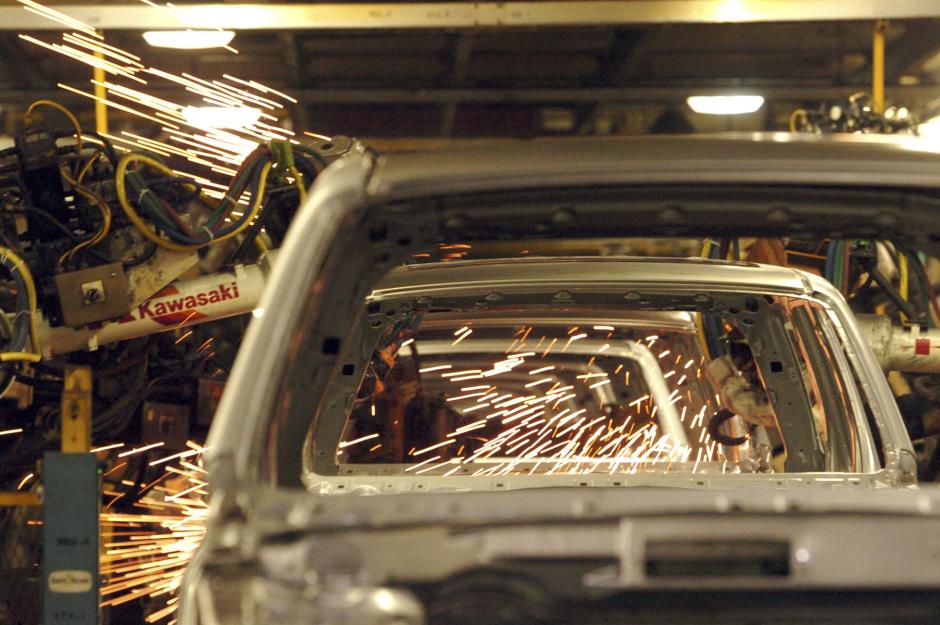
Nissan
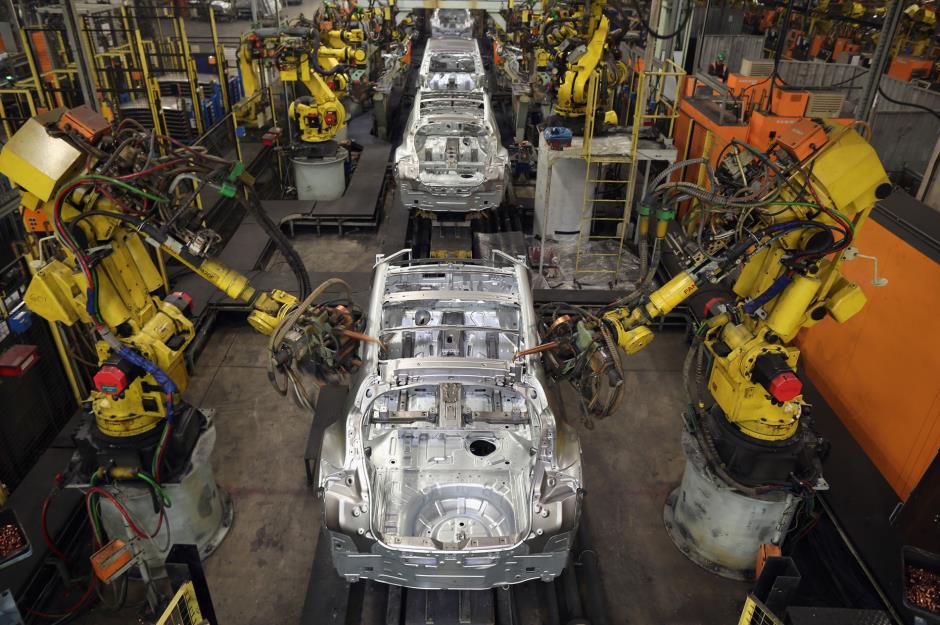
Capita
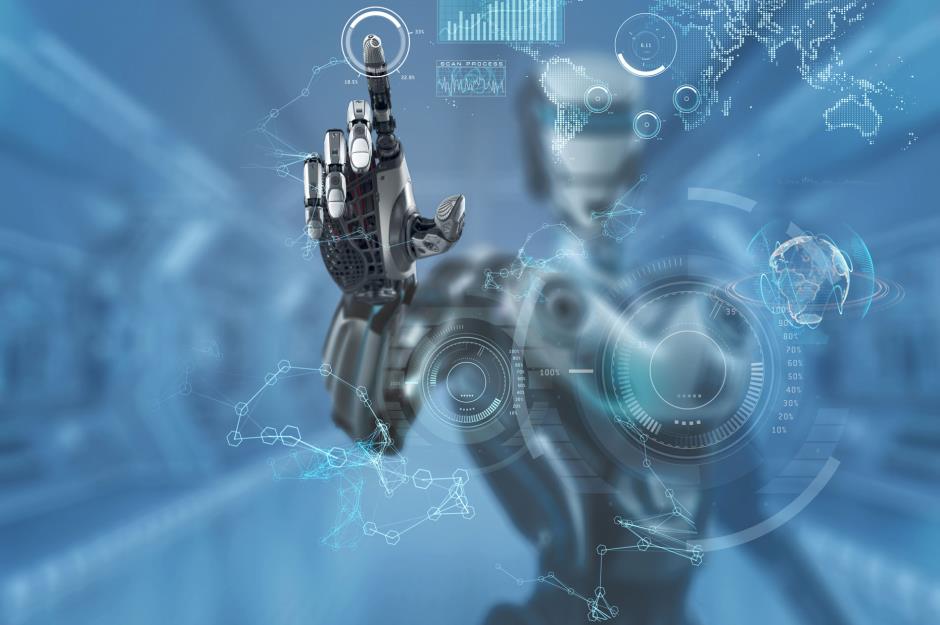
Sponsored Content
Everwin Precision Technology
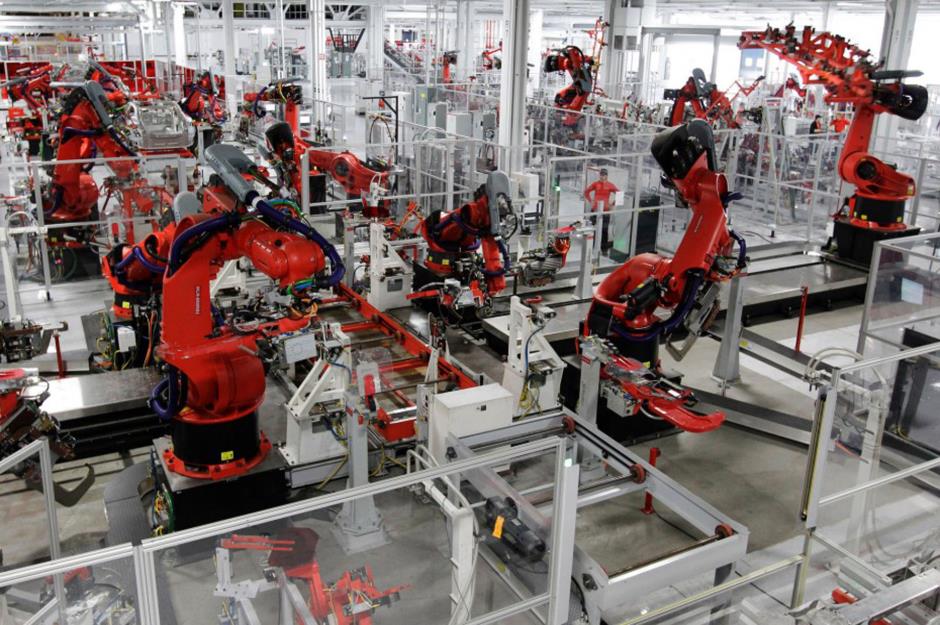
Zara
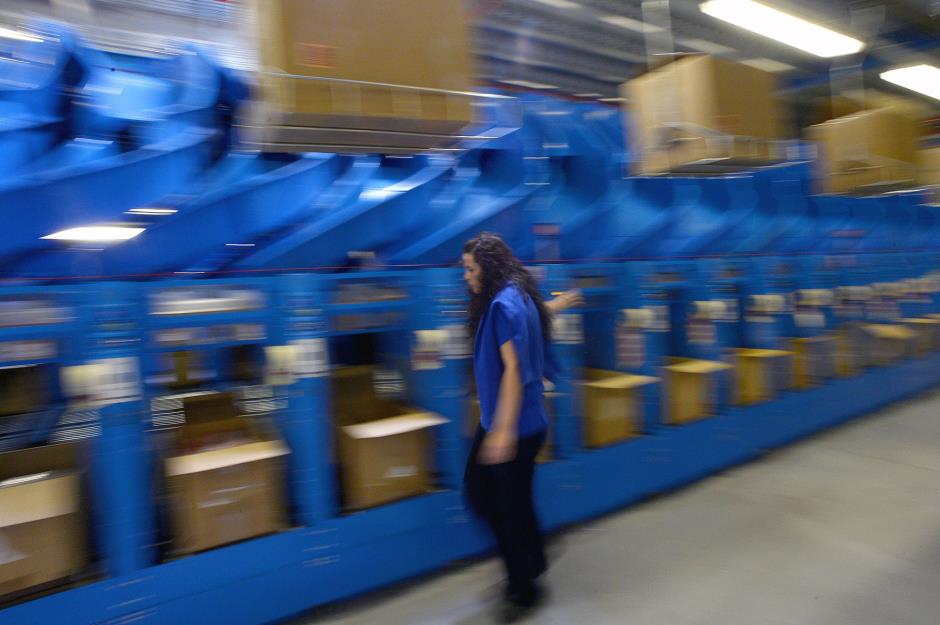
Ocado
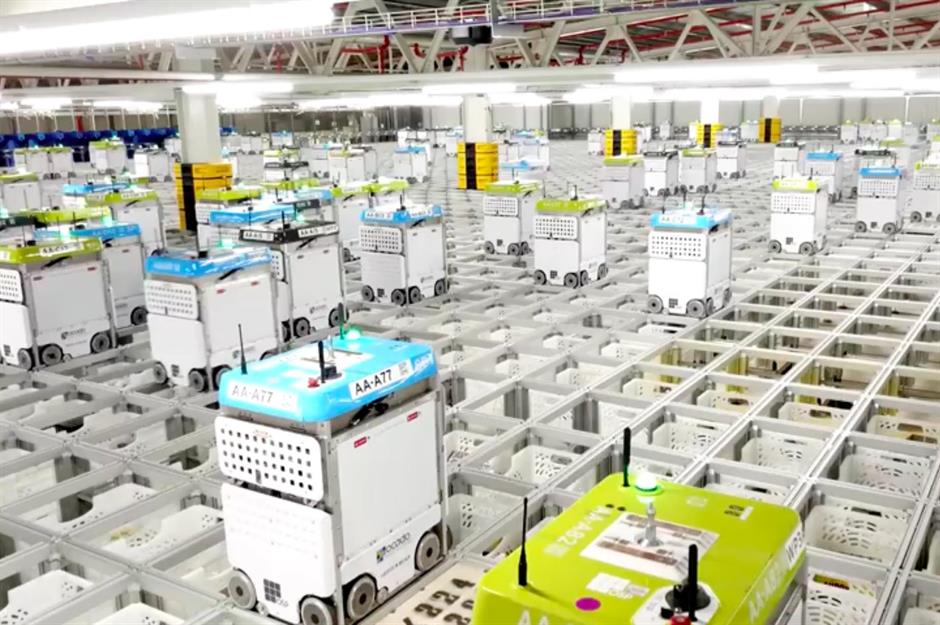
Ocado, a UK-based online grocery shopping delivery service, has started to use 1,100 robots to pack all of its grocery deliveries in its automated warehouse. Working across a three-storey grid system, which is the size of three football pitches, each robot can travel as much as 37 miles per day in the company’s Andover warehouse. And they are quick – together they can pack a bag of 50 groceries in an impressive five minutes.
Here are 17 surprisingly dangerous jobs
Sponsored Content
ING
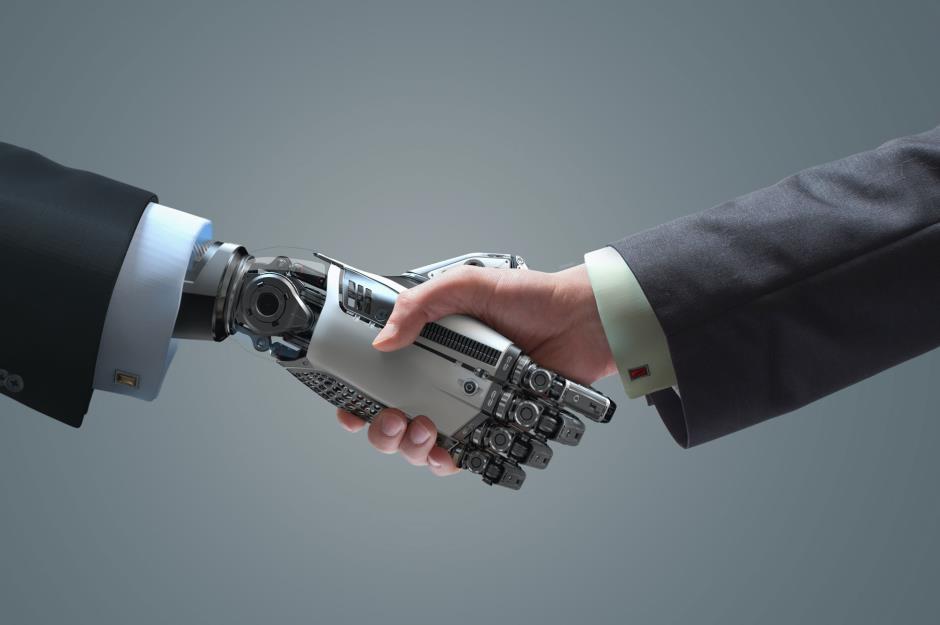
The robot revolution has also hit the world of banking. ING, a major Dutch bank, replaced 5,800 human staff with robots in 2016. The firm spent a whopping $2 billion (£1.6bn) to fund the automation project, bankroll redundancy payments and improve efficiency.
From sandcastle builder to water slide tester, discover incredible jobs people really do
Investment companies

Financial advisers may have to begin searching for an alternative career at some point soon. Robo-advisers, which use algorithms to manage portfolios, are increasingly replacing their human counterparts. Fidelity Investments, for instance, launched its robo-adviser Fidelity Go in 2016.
Now discover the jobs where robots are least likely to replace humans
Comments
Be the first to comment
Do you want to comment on this article? You need to be signed in for this feature